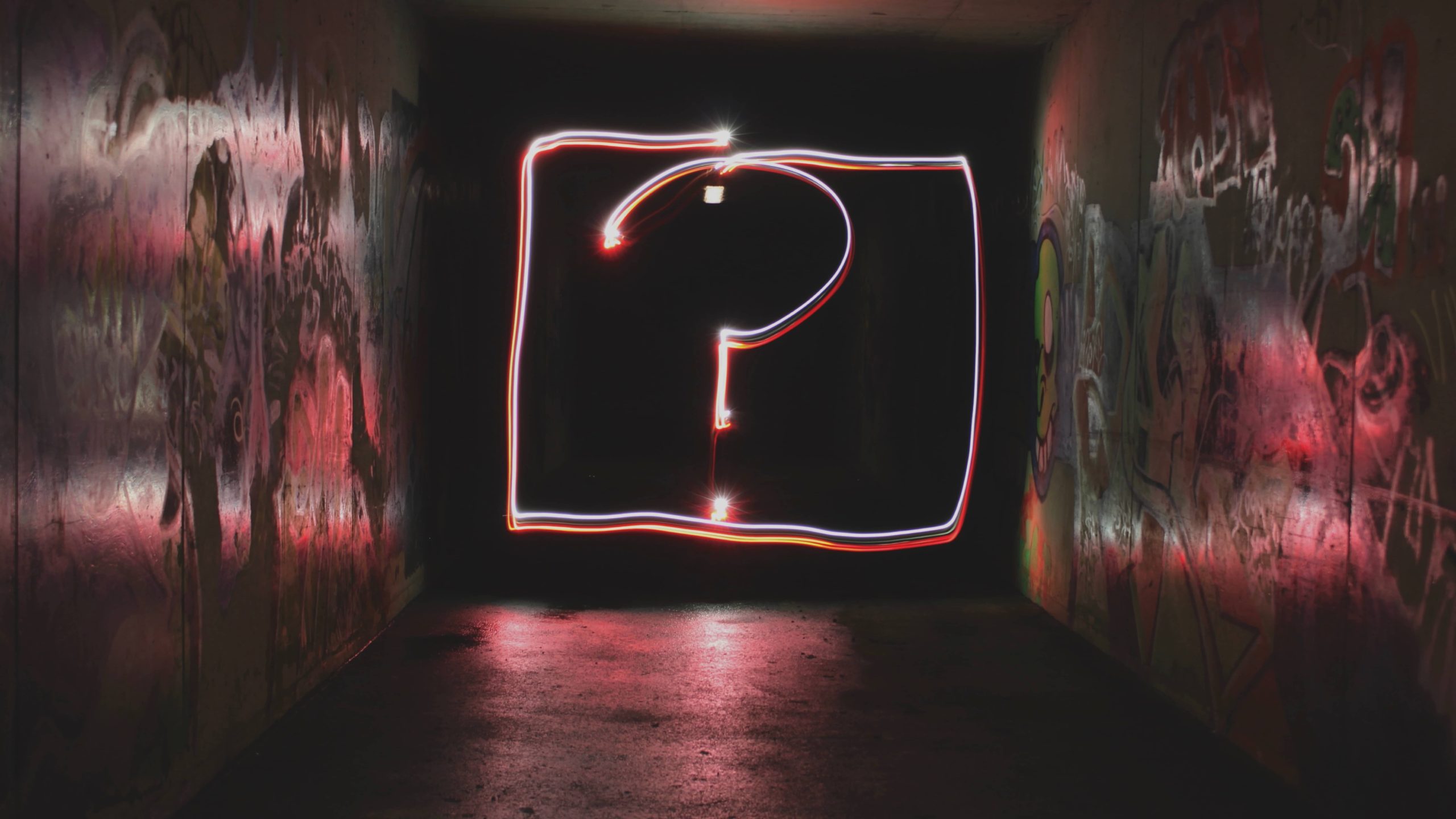Fire extinguishers are lest sitting dormant for a considerably period of time. Amidst this, it is best to carry out a routine fire extinguisher inspection to see if it’s working condition or not. For simple checks you don’t need a professional and you can go through them yourself. However, it is crucial to have in-depth tests by professionals annually.


Frequently Asked Questions
Better to ask a question, than to remain ignorant
How can I check if my fire extinguishers are working?
How often should I get my fire protection system sent for inspection and testing?
The simplistic answer to this question is to have scheduled checkups twice every year. Professionals at SOS ensure the equipment is up and running when need calls. Additionally, to have timely and properly scheduled checkups, auditing records of maintenance is crucial. Apart from that, instead of solely relying on us, it is better to go through simple inspections of every equipment.
Why is it necessary to have fire protection in restaurants and commercial kitchens?
Kitchens feature a combination of open flames, flammable cooking fuels, and high temperatures amidst a frenzied environment making them an ideal setting for flash fires. Additionally, in factual nature, kitchen equipment are one of the most common reasons for residential and commercial fires. As kitchens are what making up a restaurants, it is therefore crucial to have adequate fire protection available there. Fire suppression in commercial kitchens consist of several combinations starting from hood ventilation to having automatic foam fire extinguisher installation.
What are the common causes of fires in commercial sector?
The most common causes of fires in a commercial setup are smoking material, cooking equipment, electrical lighting equipment and heating equipment. Otherwise fires can also occur often intentionally. With this in knowledge it is best to stay prepared and protect business from potential damages.
Should I invest in Fire Alarms and Fire Sprinklers, both?
As a fire protection system comes with much redundancy, it is quite easy for people to consider skipping over a feature or two. However, in terms of fire alarms and fire sprinklers, none of the two can be skipped over as each comes with a crucial role.
Fire sprinklers are efficient and necessary as they work on immediately putting out fires. These sprinklers are triggered through high heat. Additionally, to ensure minimum damages to properties, these sprinklers go off one at a time.
It is also possible to monitor these sprinkler systems for automatic fire dispatch however, the main purpose of these is to subdue fires as quickly as possible. Meanwhile, Fire alarms are useful as they spread out alerts about any fires within a building.
These alarms feature pull stations for aware people to use, smoke detectors to automatically sense fires along with horns and strobe lights to alert people so there is timely evacuation of the building. Additionally, a strictly monitored fire alarm also alerts the fire department to dispatch a fire truck to your location immediately.
What are the requirements of setting up emergency lights?
Emergency lights are necessary for all means of egress let it be exits or pathways to exits. Apart from aisles, ramps, corridors and escalators, this may also include specific emergency exits. The same requirements is necessary for exit discharge points consisting of ramps, aisles, walkways, stair or any point leading to an areas accessible for public.
As per the OSHA code, emergency lightening should be made available automatically in cases of power failure, blows fuses or circuit breakers, power outages or any other manual forms of power interruption.
Is it possible for sprinklers to go off accidently?
Events of fire sprinklers going off instantly is a rare occurrence. Most people don’t opt for fire sprinklers in homes is because they worry it may set off during their absence and damage their property. However, rarely ever occurs.
In fact, to set off a fire sprinkler it is necessary to have a heat source such as an uncontrollable fire or an alarming prompt such as a glass trigger or a hard knock that would displace the sprinkler’s fusible link.
Can all sprinklers go off simultaneously and flood my home?
As par to what is shown in movies, sprinkler heads all don’t go off at once and the fire sprinkler systems is only released if it’s in the presence of the hazard. This means if a fallen cigarette lights up a waste paper basket in the bedroom, only one sprinkler head will activate. None of the other sprinklers present in the building would respond to it. And that one sprinkler head will be enough to make sure your home fully stays protected.
Is it possible for fire sprinkler systems to set off due to smoke
Although this concept is quite popular, but in reality it is a mere myth. Smoke don’t ever set off a fire sprinkler system. The only way to set it off is if it is in close proximity to the heat source emitting a temperature of approximately 70°C.
How does a fire sprinkler system work?
Fire sprinklers are exceedingly handy and their working goes on in a very simplistic manner. These sprinklers are installed in walls and ceilings in buildings nears pipelines from where they store water. In cases of fire, the sprinklers head contains a fusible link that melts due to heat. Its melting gives way to the stored water to spray out evenly and thus the flames are extinguished.
Is it costly to maintain a fire sprinkler system?
Fire sprinklers systems are not necessarily expensive to maintain. In fact the standard cost ranges between AED400 and AED800 per year. Also, it is easy to provide effective management by investing in a long-lasting, non-corrosive system, which may also save from expensive long term management.


